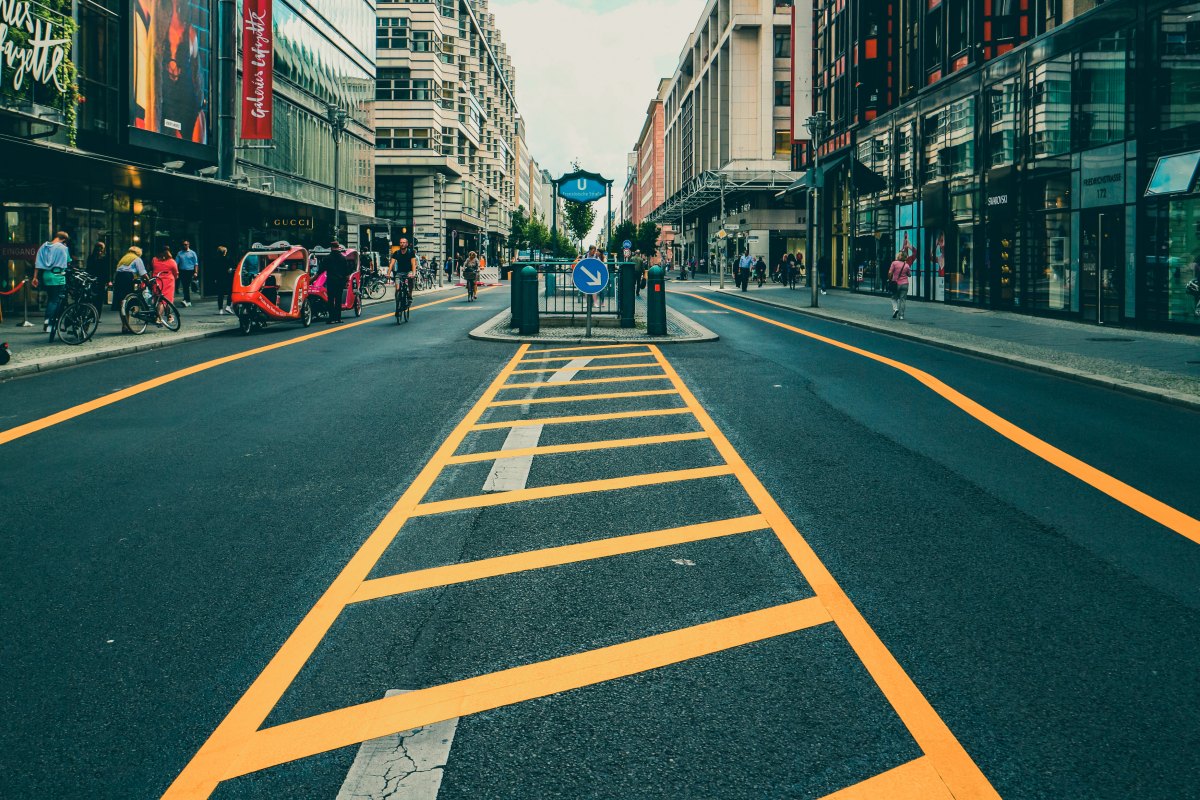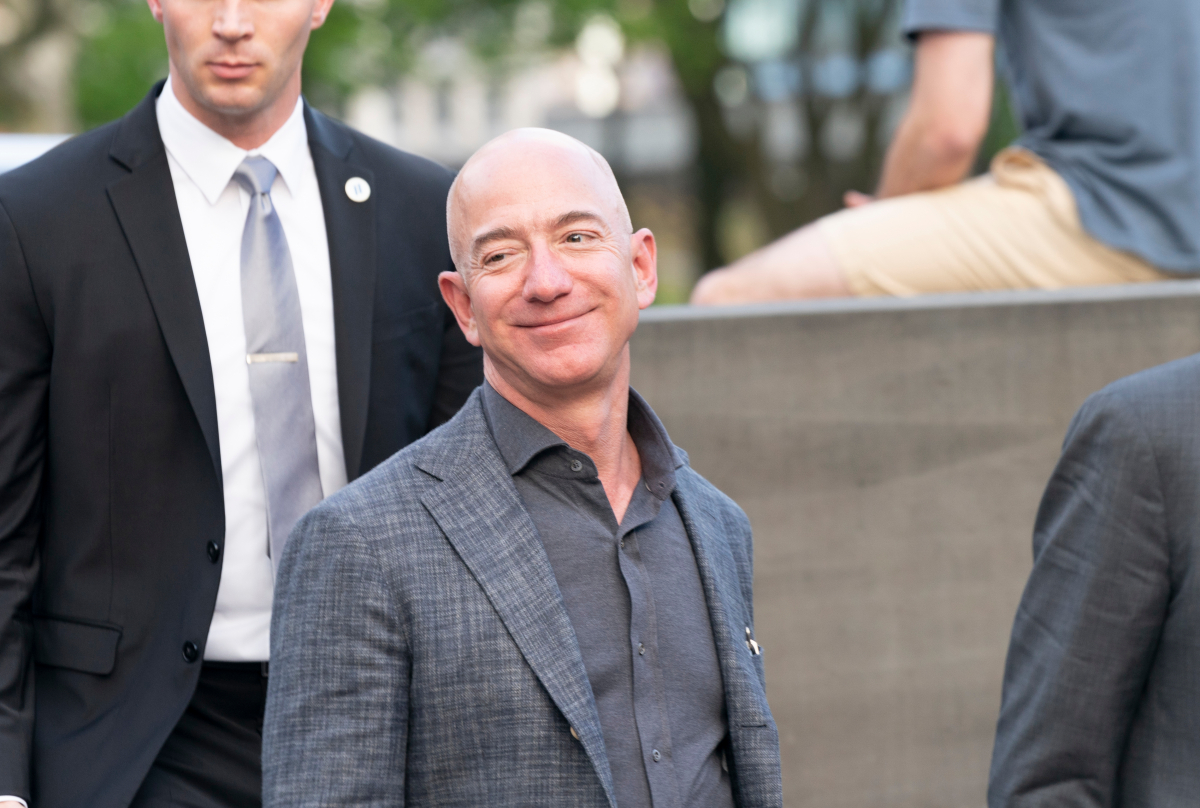Whether Berlin or the Black Forest, everyone only sees themselves
Germany urgently needs a traffic turnaround, but so far the discussion has mainly been characterized by dogmatism. If something is to change, we have to learn to think outside the box – and make compromises.
In a small rural town, local retailers meet to discuss the current issues. Of course, the corona pandemic is on the agenda. But there is another topic that concerns the tradespeople: Free parking spaces are already rare and now a larger parking lot is to be converted into a green area. There is great fear that even fewer people from the surrounding area will come to the city to go shopping – especially since another bus line has just been discontinued for economic reasons.
Change of location. While the retail trade in the small town is worried about its existence, bicycle activists in Berlin are blocking a main traffic artery and chanting “Cars out of our cities!”. The thought that not every city in Germany has public transport like Berlin-Mitte does not occur in their heads. There is no willingness to compromise. Instead, many of those present would like to ban cars altogether.
The people who meet at the same time in the clubhouse of their small village in the Bavarian forest do not believe in compromises. Electric cars? A green pipe dream that promotes child labor in the Congo and overloads our power grid. Public transport? Here the bus runs three times a day. Cargo bikes? On May 1st, the handcart is enough.
Contents
We can only achieve the mobility transition together
In their deepest depths, most people now know that it cannot go on like this. Anyone who knows the rush hour traffic in Berlin knows that in our big cities the mobility turnaround has to be implemented sooner rather than later. However, anyone who has already spent a few days in the Black Forest also knows that in many places neither public transport nor bicycles can completely replace their own car.
The problem: everyone only sees themselves. The cyclist in Berlin-Mitte cannot understand why you still need a car these days. The family man in the Black Forest wonders what a new bike path in town will bring him if he can only get to his place of work 40 kilometers away by car anyway.
And you don’t even have to go to the Black Forest. Even in the outskirts of Berlin, local public transport is sometimes so poorly developed that it is hardly possible without a car. Uncompromising demands like “Cars out of cities!” Sometimes trigger existential fears in the people who live there. That in turn leads to them taking an anti-stance: “You want to ban my car? Then I am now mobilizing against cargo bikes and cycle paths! “
This behavior can now be observed in many areas: convinced e-mobilists want to ban the combustion engine right away and describe diesel drivers as backward in discussions. They, in turn, see electromobility as a green ideology that must by no means be allowed to prevail. At the same time, the electric car bubble is still fighting against the proponents of hydrogen cars, cyclists and motorists argue about the right to exist on our roads – and somewhere a hiker is annoyed by inconsiderate mountain bikers in the forest who, in their opinion, have no business there.
Transport turnaround: It doesn’t work without compromises
In Brussels, the city center was declared a priority zone for cyclists and pedestrians last year. Cars, buses and trams are not allowed to travel faster than 20 kilometers per hour in the inner ring of the Belgian capital. In neighboring France, a general speed limit of 30 kilometers per hour has been in effect since the end of August. In addition, the city center is to be as large as possible by 2022.
These examples clearly show how the mobility turnaround can succeed if maximum demands are replaced by a healthy average. In Brussels, cyclists and pedestrians have been given priority, but cars have not been banned from the city entirely. The same applies to Paris, where only the center is to become car-free.
Together instead of against each other – this is the motto under which we should shape the transport turnaround in Germany. This means, for example, promoting bicycles as well as cars, lanes and parking spaces wherever possible as cycle paths, and promoting new forms of mobility without prohibiting old ones.
In the end, individual solutions are required that take the local conditions into account and take everyone equally with you into the new age of mobility. Mobility experts who, from their apartment in Berlin-Mitte, declare the car to be obsolete across Germany are just as little help here as people who regard the eight-cylinder as a German cultural asset.



